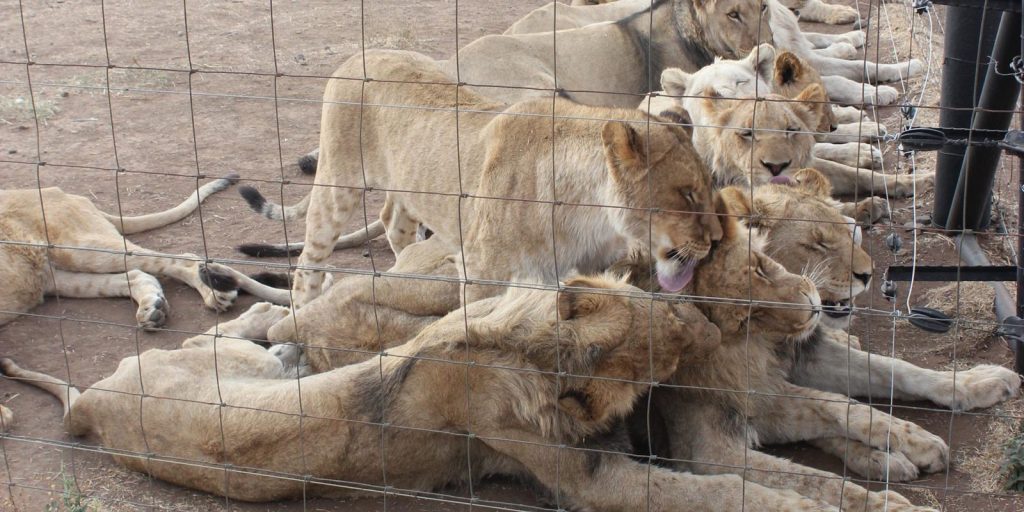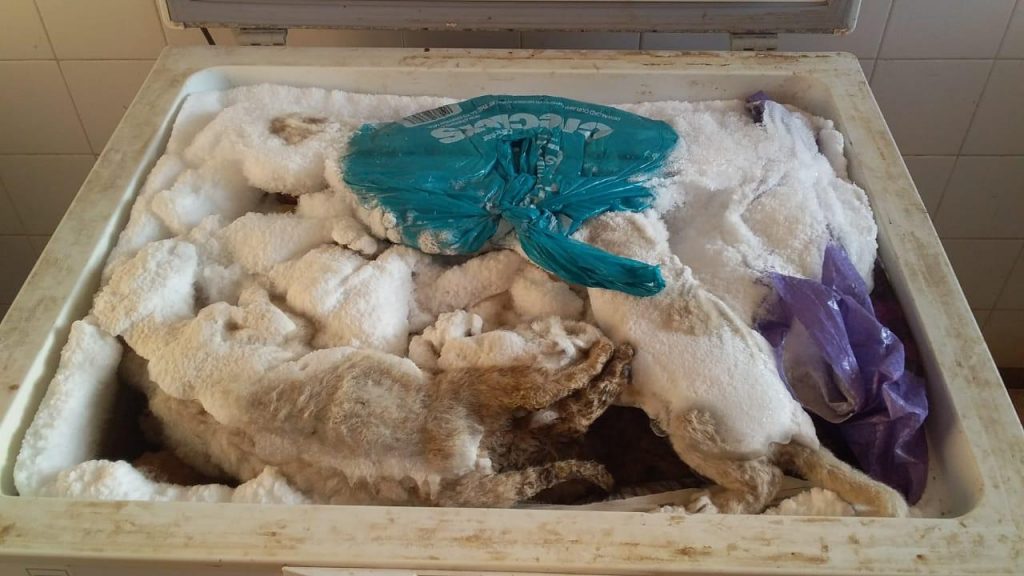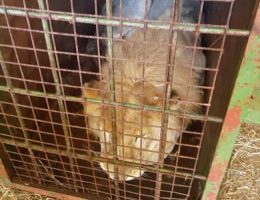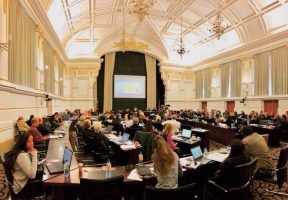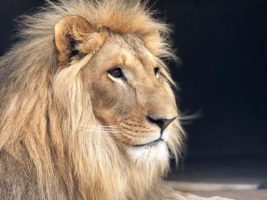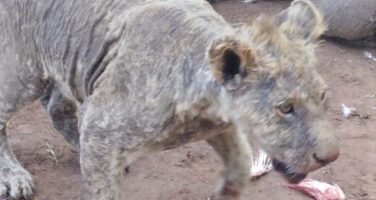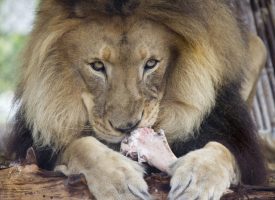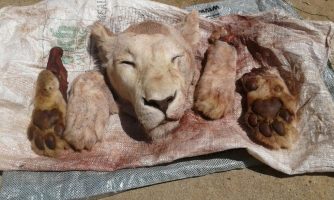SA reclassifies 33 wild species as farm animals
Lions, cheetahs, rhinos and zebras are among 33 wild species now classified as farm animals. In May 2019, the South African Government approved an amendment to the Animal Improvement Act, which governs livestock breeding.
There has been virtually no mention of this in the media, as the legislation slipped through without public consultation. There’s no international precedent for such an extraordinary “domestication” of wild animals.
The act permits the “improvement” of “genetically superior” animals to “increase production or performance” by licensed animal breeders. It states, “different kinds of animals or breeds of such kinds of animals may be so declared.”AIA permits breeders to manipulate breeding outcomes in the way that aurochs were altered into docile cows and the grey wolf into the many breeds of dogs. Most of these breeds can no longer survive in the wild.
The legislation allows artificial insemination
Semen and embryos and “genetic material can be collected, evaluated, processed, packed and sold. Though this is common practice with traditional farm animals, it carries considerable risks for wild ones.
The Department of Agriculture advised that the amendment was made “due to changing farming systems in South Africa. Game animals were included, as these are already part of farm animal production systems in the country”.
When it was questioned by the Democratic Alliance in Parliament, a written reply stated no public participation process to such an amendment was required and that it followed a 2017 request “from the industry” to facilitate game farming production.
It defined this industry as representing “game breeder societies” whose role was “to ensure genetic purity and sustainable utilisation; do research on feeding and nutrition; define and measure traits of economic importance, and study regulatory gaps on a game for food production”.
A strong lobby from the wildlife industry when SA reclassifies 33 wild species
The problems associated with semi-intensive and intensive farming are well known. Among them are increased occurrence of disease and increased need for routine use of antibiotics, vaccinations and so on.
In response to a comment in Farmer’s Weekly saying game listed under the amendment would no longer be protected by conservation legislation, DAFF issued a statement saying they would still be subject to requirements of the National Environmental Management: Biodiversity Act (NEMBA). However, NEMBA offers very little protection against exploitation.
So this raises the question: What was behind the request from “the industry”? A clue might be in the restrictions imposed by NEMBA on the hunting and particularly the movement of animals.
The act requires strict control over conveying, moving or otherwise translocating any specimen of a threatened or protected species, as well as “selling or otherwise trading in, buying, receiving, giving, donating or accepting as a gift, or in any way acquiring or disposing of any specimen of a listed threatened or protected species”. The AIA has none of these restrictions in pursuit of “improved” stock.
So does the amendment tighten or loosen the control of farmed wildlife?
It’s a grey area within which violations of animal welfare could flourish.
Although the amendment has undoubtedly been celebrated by the many captive lions and rhino breeders desperate to market their products in a public environment increasingly hostile to canned hunts and the sale of rhino horn, other sectors concerned with wildlife have expressed alarm.
According to NSPCA director Karen Trendler, there are major welfare concerns about practices the new amendment permits. These include withdrawing young shortly after birth. This happens to encourage females to come into oestrus sooner, so she breeds many more times in their lifetime than they would under normal circumstances. The NSPCA has a legal mandate for all animal welfare. But they have been excluded from many of the processes around the utilisation of wildlife and its welfare. We should be at the table. But the NSPCA thinks that wildlife should be in the wild, so the industry and government exclude us from having a say.
A shocking state found in many lion breeding facilities
The shocking state in which many captive-bred lions have been found also raises concerns about the ability of the newly formed Ministry DAFF. Land reform and rural development are critical priorities for the new minister. Wildlife farming practices are unlikely to get much attention.
Contact DAFF Minister THOKO DIDIZA PA.Minister@daff.gov.za or her spokesperson BomikaziM@daff.gov.za and let her know what you think about the RECLASSIFYING of WILD SPECIES AS FARM ANIMALS or call 012 312 9300 / 021 461 1301
DAFF on Facebook https://www.facebook.com/AgricultureZA/
Read – Disgusting find at a follow-up visit by the NSPCA at Jan Steinmanns Farm
Read – The full article – SA reclassifies 33 wild species
Follow us on Facebook – Follow us on Twitter – Send us an email
